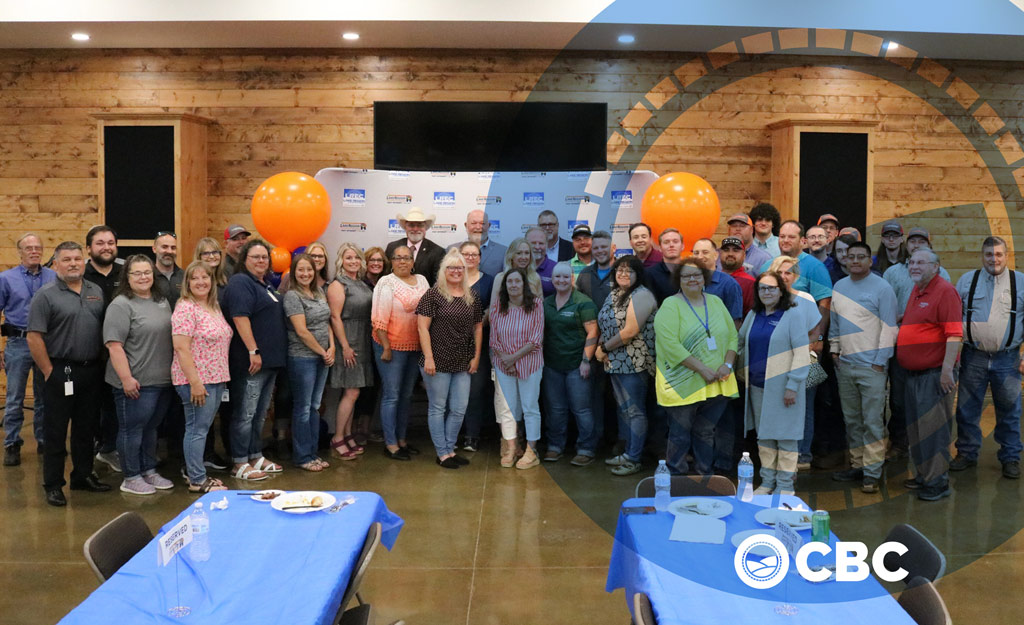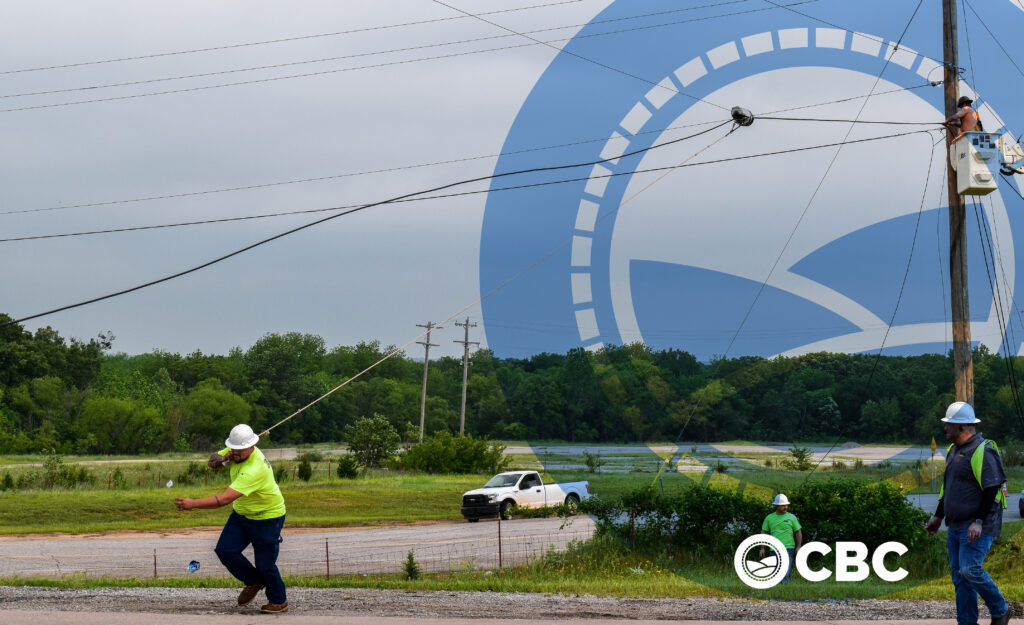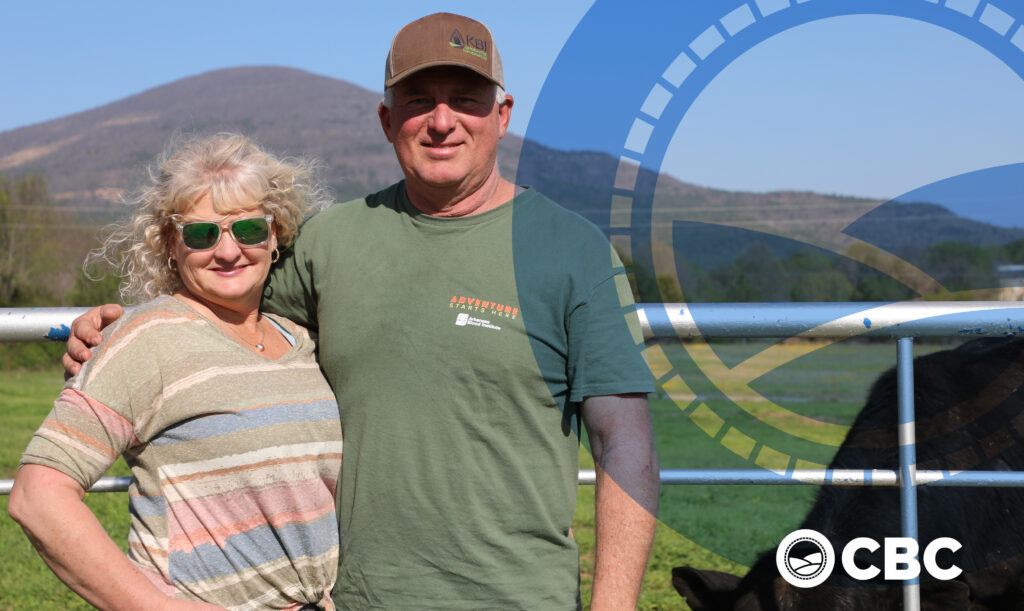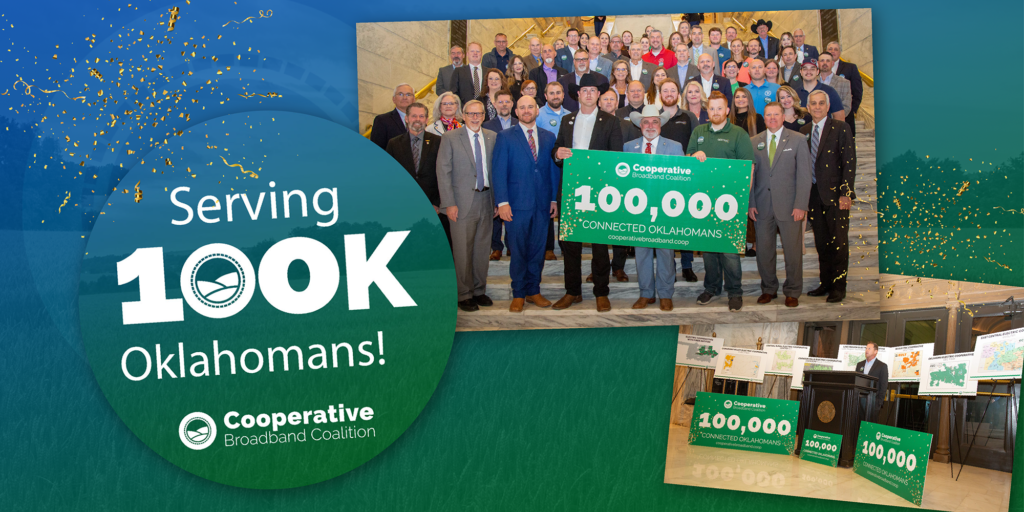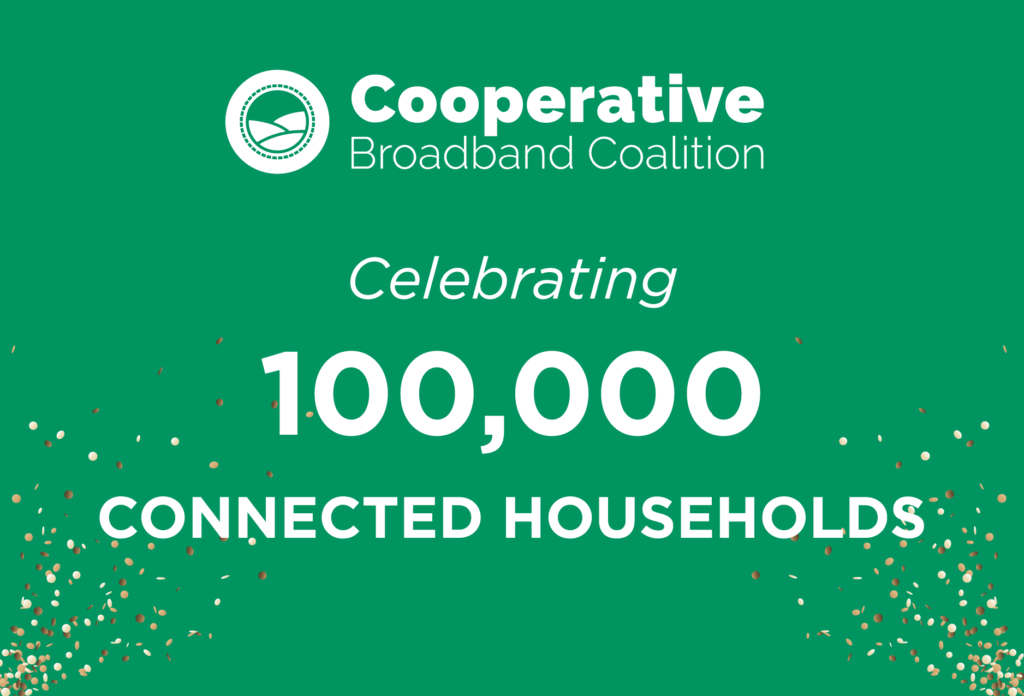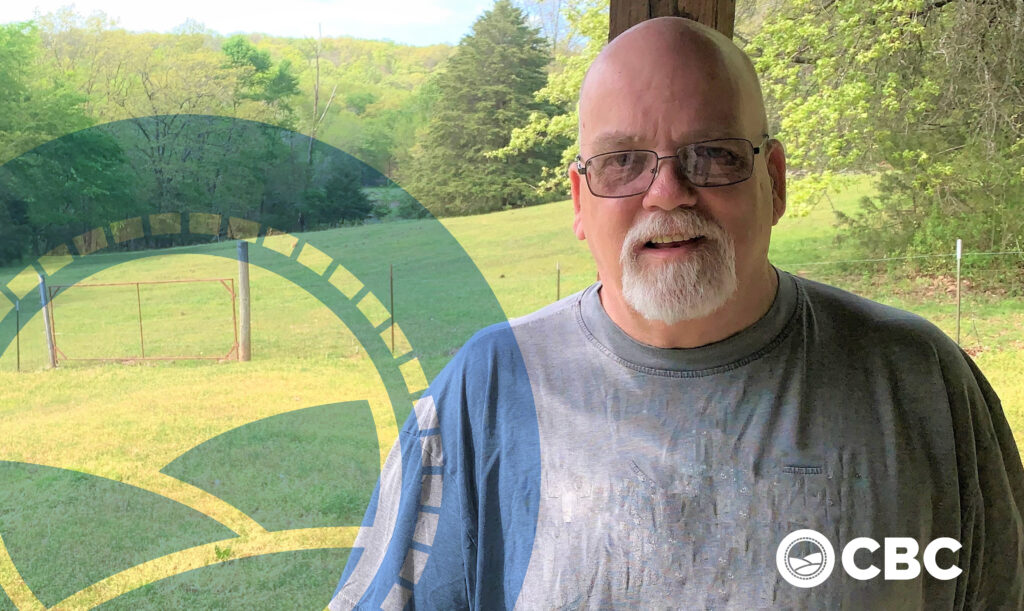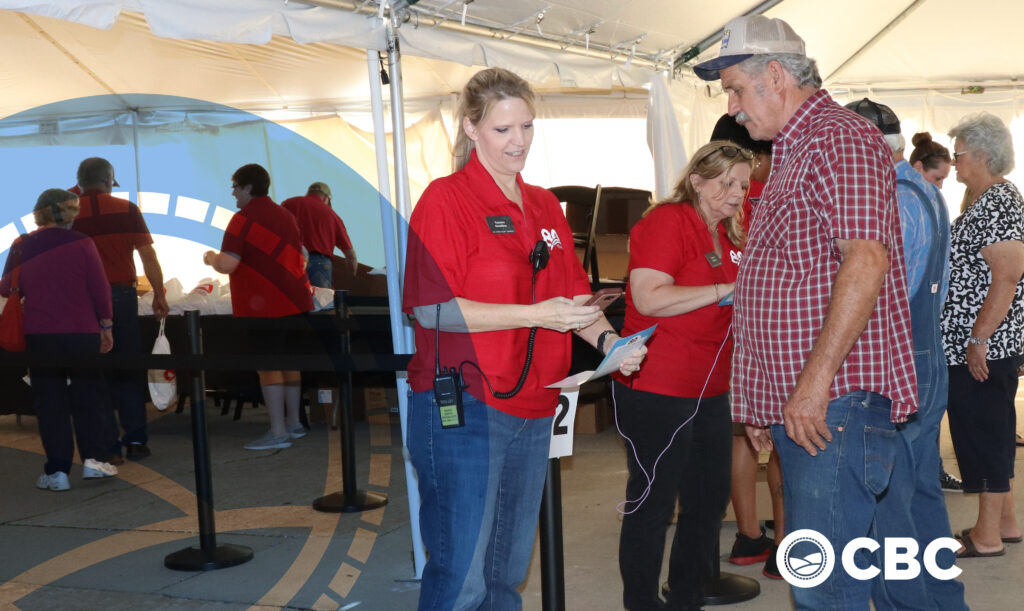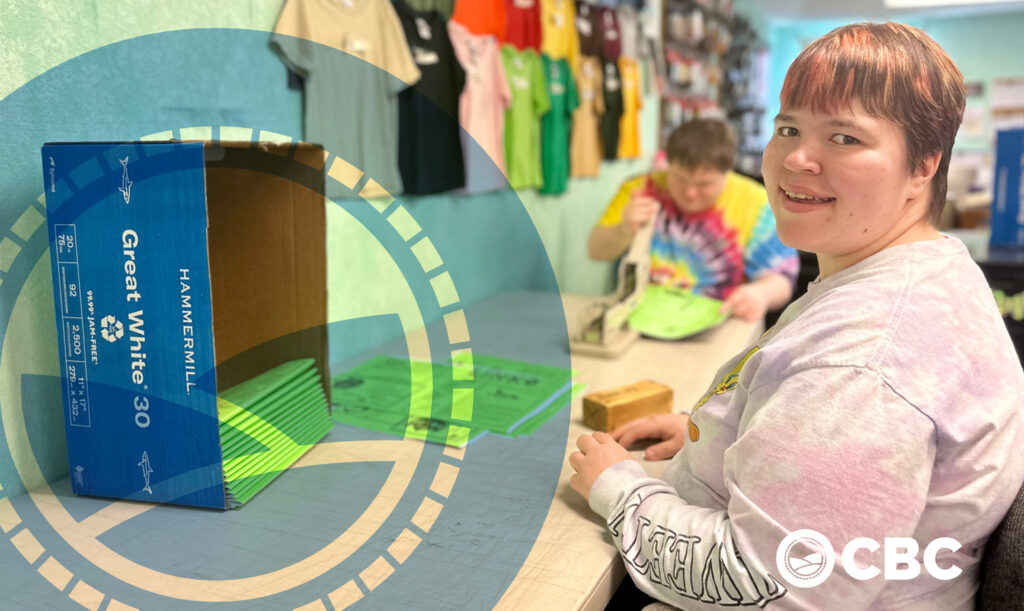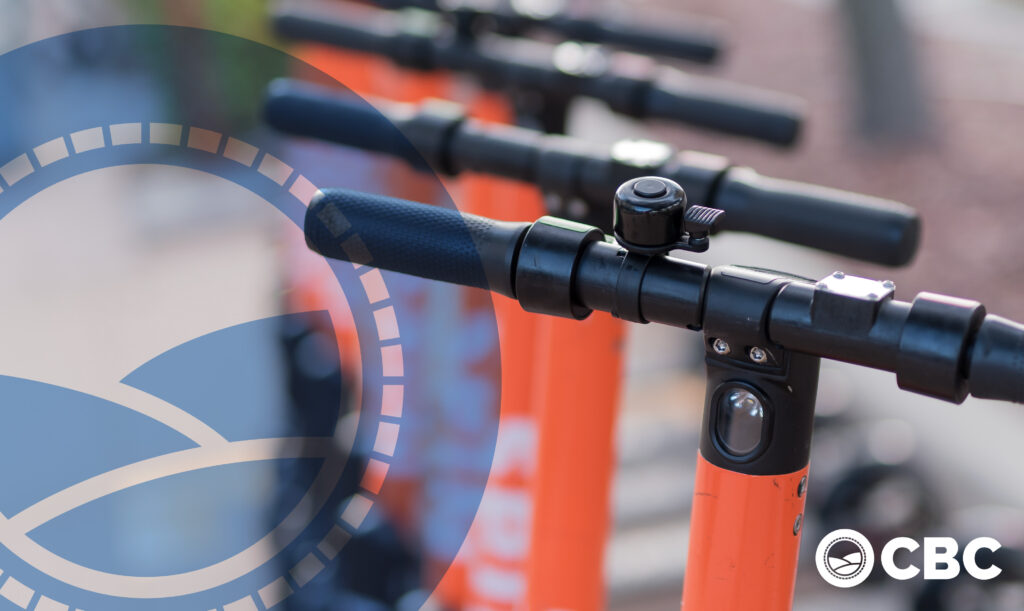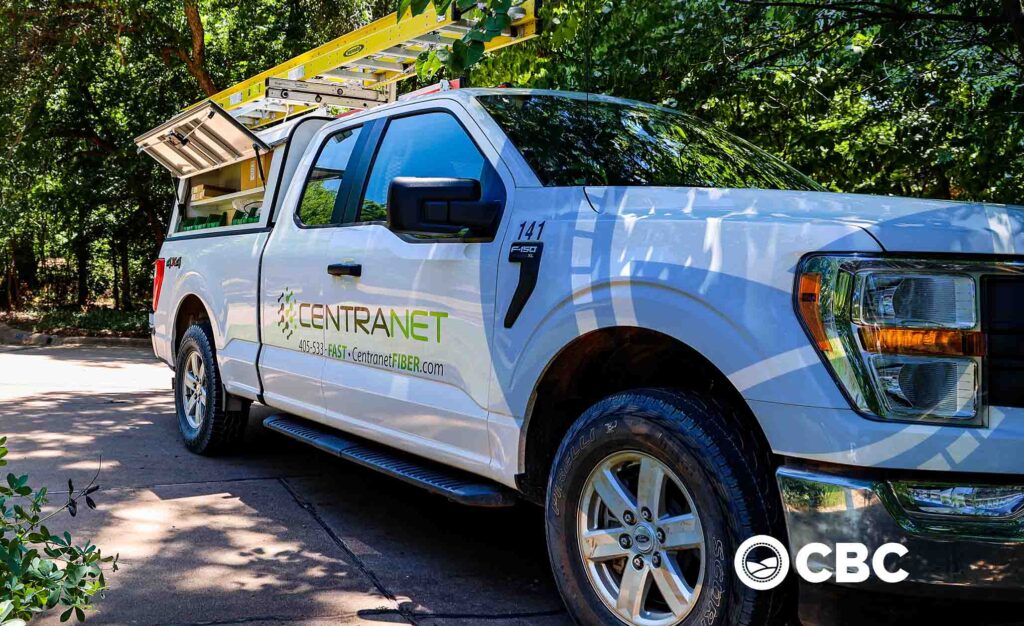
Central Rural Electric Cooperative’s fiber construction project has entered its final phase and projects the build to be complete by August 2024. Once complete, Central’s entire membership, nearly 18,000 Oklahoman households, will have access to high-speed fiber internet.
“Our mission is to connect people with the speed of light, and we are working as fast as we can to do that,” said Mark Prather, Central’s President of Fiber and Technology.
Central’s board approved the expansion of fiber communications throughout its seven-county service area in August 2020 with the goal of optimizing the grid while also closing the digital divide. One of the benefits of a full fiber build is the capability of fiber internet services being offered to the home.
Centranet LLC, Central’s wholly-owned subsidiary, opened its first feeders in July 2021, making fiber available to 10% of Central’s membership. Just two years later, Centranet has more than 7,200 subscribers and is available to 83% of Central’s membership.
“We are committed to providing every member access to high-speed fiber internet at a low cost,” Prather said. “When we started construction in October 2020, we did so with the mindset of building as quickly as possible. What began as a five-year project will be finished in three.”
Despite the rapid pace, Centranet has maintained the cooperative’s member-centric philosophy by providing transparent pricing and value-added services for free. Every Centranet subscriber has home network security protection on top of their managed Wi-Fi offerings. Subscribers can manage their Wi-Fi, set parental controls and protect their home network from intrusions – services some companies offer for a fee.
“Our motive is different from other internet service providers,” Prather said. “We aren’t in this to make a big profit. That is why we don’t offer introductory pricing, hidden fees or contracts. We want to do our part to help change the way people live in rural Oklahoma. We want to help people connect to one another.”
This transparency is something subscribers approve as apparent by Centranet’s Net Promoter Score, which is currently a 90. The average Net Promoter Score for internet service providers, which is based on how likely a subscriber is to recommend the service to another person, is 30. “We strive to provide the best experience possible for our subscribers,” Prather said. “We genuinely care for our subscribers, and I think they can feel that difference. We can’t wait for Central’s entire membership to have the opportunity to experience it too.”

